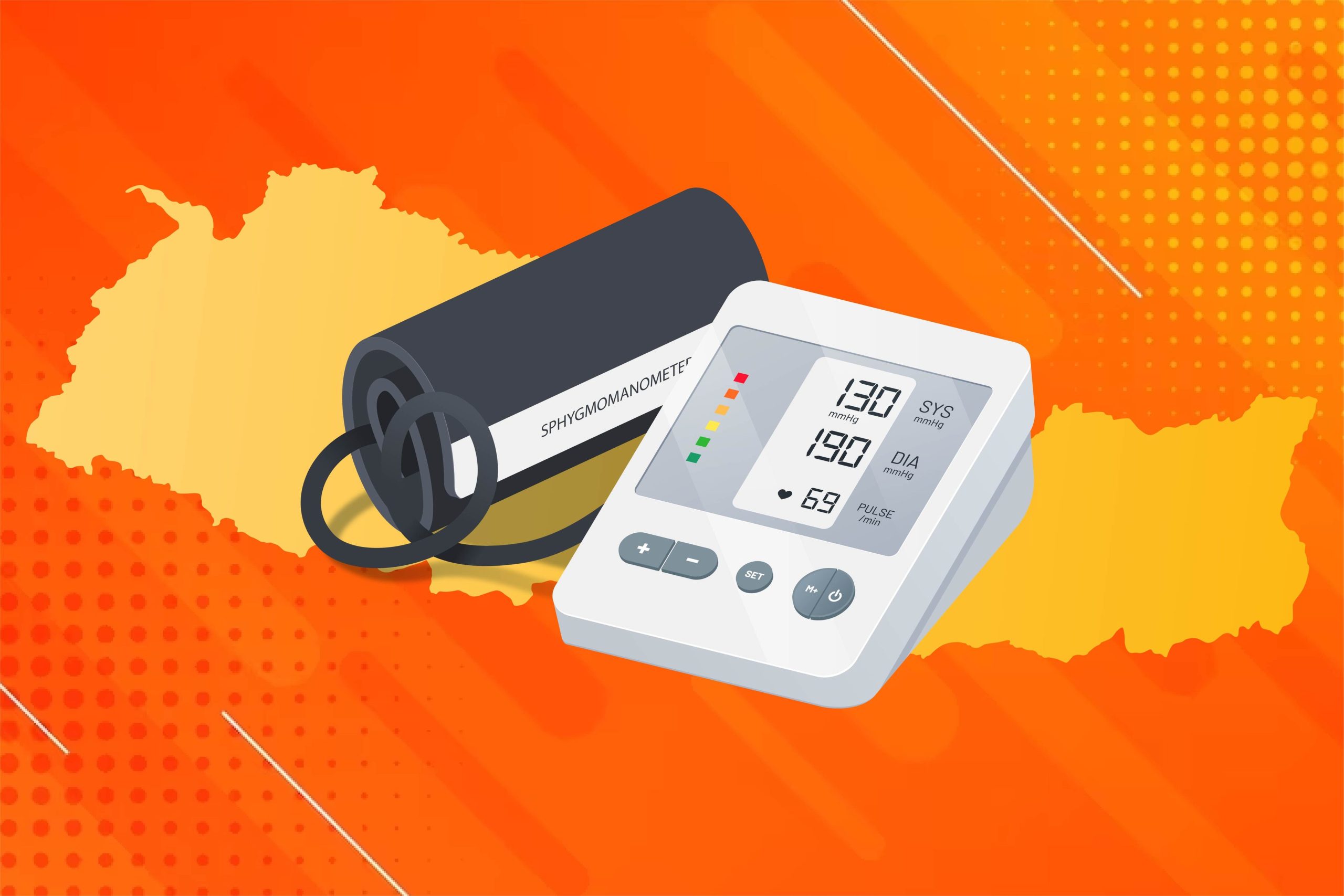
Rising High Blood Pressure: A Growing Health Concern in Nepal
High blood pressure, also known as hypertension, is a common health problem in Nepal. It is estimated that nearly one-third of the adult population in Nepal is affected by high blood pressure, and the number is increasing rapidly. High blood pressure is a serious condition that can lead to heart attacks, strokes, and kidney disease. Therefore, it is important to understand the causes and risk factors for high blood pressure in Nepal and take steps to prevent and treat this condition.
One of the major causes of high blood pressure in Nepal is a sedentary lifestyle. Many people in Nepal have jobs that require them to sit for long periods of time, and they may not have the time or resources to engage in regular physical activity. Lack of exercise and physical activity can lead to weight gain, which is another risk factor for high blood pressure. Additionally, a diet that is high in salt and processed foods can contribute to high blood pressure.
Another factor that contributes to high blood pressure in Nepal is the prevalence of smoking and alcohol consumption. Smoking and alcohol can increase blood pressure and put additional strain on the heart and blood vessels. In Nepal, there is a culture of smoking and drinking among men, which can increase their risk for high blood pressure.
Genetics also play a role in the development of high blood pressure. People with a family history of high blood pressure are at an increased risk of developing the condition. Additionally, age is a factor in the development of high blood pressure. As people age, their blood vessels become less elastic and can contribute to an increase in blood pressure.
To prevent and treat high blood pressure in Nepal, lifestyle changes are important. Regular exercise and physical activity can help to lower blood pressure and maintain a healthy weight. Additionally, reducing salt and processed food intake can help to lower blood pressure. Quitting smoking and reducing alcohol consumption can also help to reduce the risk of high blood pressure.
For those with high blood pressure, medication may be necessary to control the condition. There are several types of medication that can be used to lower blood pressure, including diuretics, ACE inhibitors, and calcium channel blockers. It is important for individuals with high blood pressure to work closely with their healthcare provider to find the best treatment plan for their individual needs.
In conclusion, high blood pressure is a common health problem in Nepal that is on the rise. Sedentary lifestyles, poor diets, smoking, and alcohol consumption are major risk factors for high blood pressure. To prevent and treat high blood pressure, lifestyle changes such as regular exercise and a healthy diet are important. Medication may also be necessary for those with high blood pressure. By taking steps to prevent and treat high blood pressure, individuals in Nepal can reduce their risk of serious health problems and improve their overall health and well-being.


